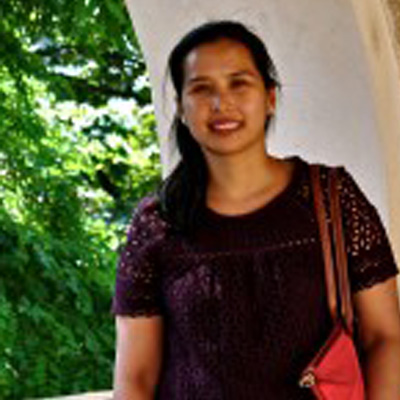The UConn Department of Anthropology is home to a diverse community of graduate students studying a variety of subfields. Continue reading to learn more about their favorite parts of their research, why they became interested in anthropology, and fun facts about them!
Q&A
What sparked your interest in Anthropology/Archaeology?
As an undergrad, I highlighted courses I was interested in a course catalog. They were all in medical anthropology! I declared my major before setting foot in an anthropology class.
Where are you/will you be conducting your research/fieldwork?
The Fulbright program sponsored my dissertation research in Estelí, Nicaragua.
What do you find most interesting about your field work/research location?
I’ve been visiting Nicaragua for over a decade as a labor and delivery nurse providing prenatal education as a member of the non-profit Juntos Adelante/Instituto Centroamericano de Salud. I work with obstetricians, midwives and reproductive health educators in the northern highlands. Nicaragua has one of the highest rates of adolescent pregnancy in Latin America, with average age of mother at 16 for first birth.
What is your most memorable experience in the field so far, or most memorable lesson learned?
I value the stories of midwives who started volunteering their free services to women & families during the revolution (1978-1990). One of my research participants is 94 years old. She’s living history. I can barely keep up with her when she walks 12 miles to a pregnant woman’s house in a village.
What do you do in your downtime? Share something interesting about yourself!
I’m an avid world traveler – visited over 40 countries.
